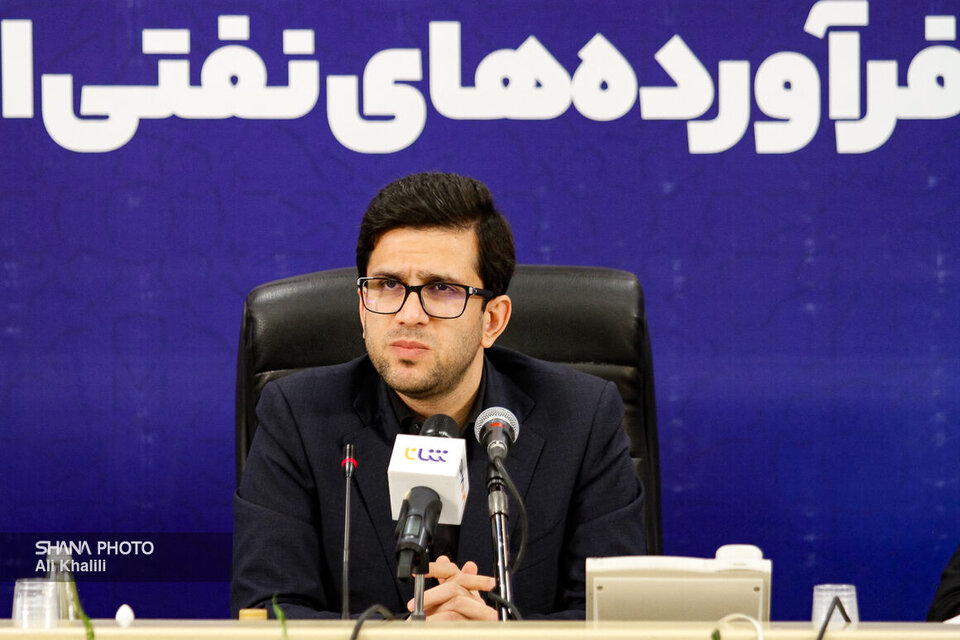According to the National Iranian Oil Refining and Distribution Company, Mohammad-Sadeq Azimifar noted that a significant portion of fuel consumption management tools fall outside the company’s responsibilities. He said efforts are underway to operationalize some non-pricing solutions by fostering collaboration among stakeholders.
Azimifar emphasized that the energy efficiency certificate mechanism helps maintain the value chain in upstream industries while opening new financing avenues for consumption management projects. He added that diversifying the country’s fuel mix has been a priority for the Oil Ministry since the start of the current administration.
Addressing challenges in the CNG industry, he said urgent measures included settling $44 million in outstanding payments to prevent disruptions in the value chain. This was achieved through solutions such as issuing energy efficiency certificates on the energy exchange, with support from the Oil Ministry’s planning department and the National Iranian Gas Company.
Azimifar cited aging fleets as a major factor in rising fuel consumption, noting that the Economic Council has approved measures to modernize 460,000 urban vehicles and 85,000 intercity vehicles. Initial steps include electrifying 20,000 outdated motorcycles in Tehran and upgrading diesel-powered intercity fleets.
He identified financing and mileage verification as key obstacles in fleet modernization. To address these, oil and gas efficiency certificates will be used to secure funding, while digital platforms will track mileage for motorcycles and logistics companies operating diesel fleets.


Your Comment